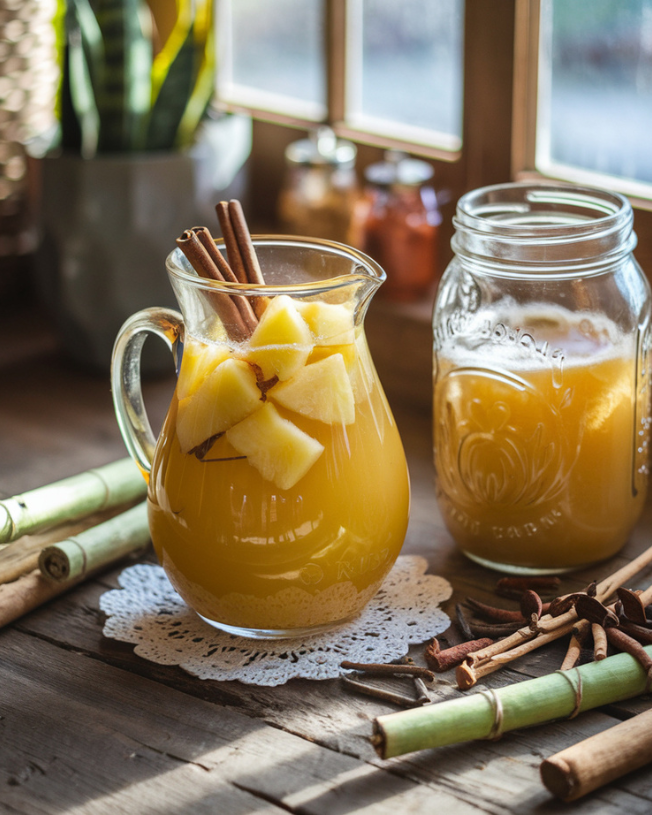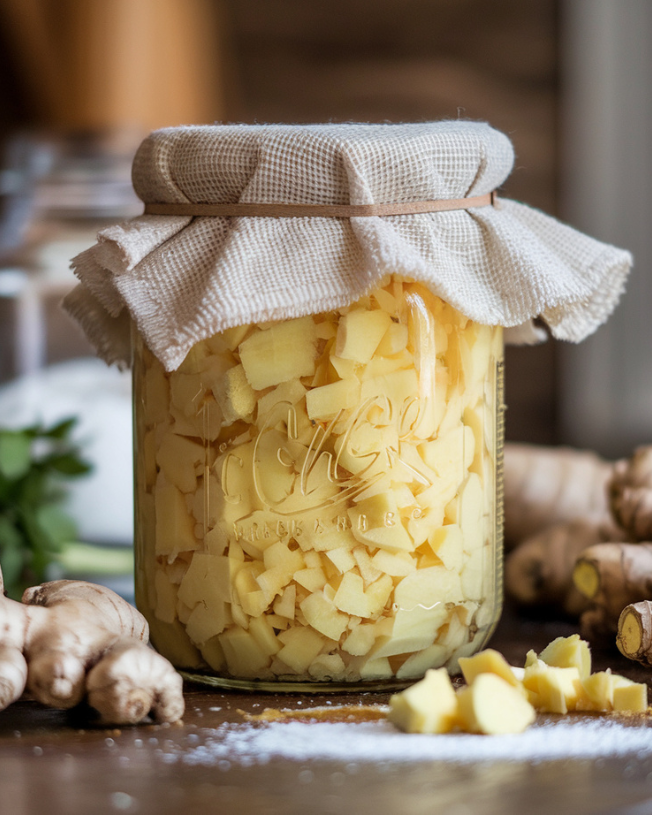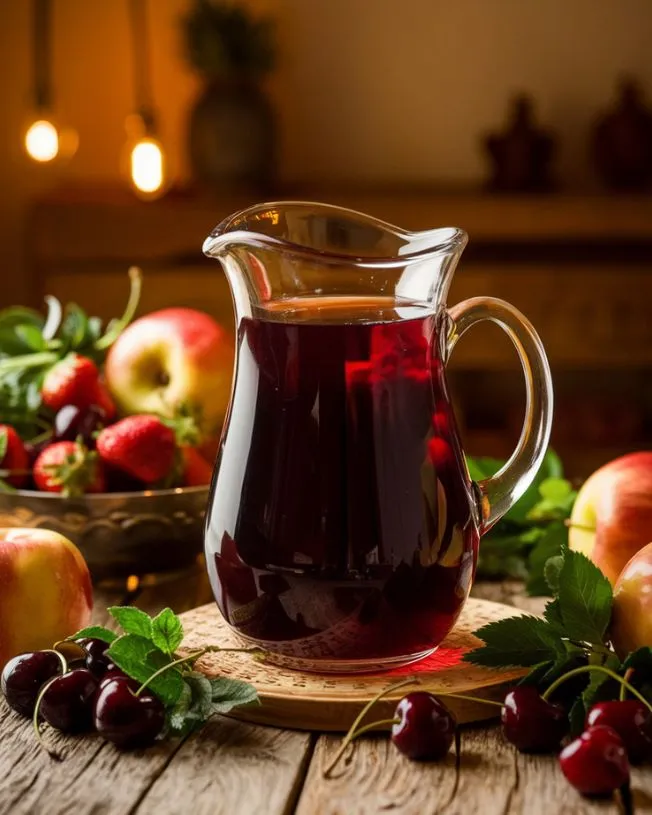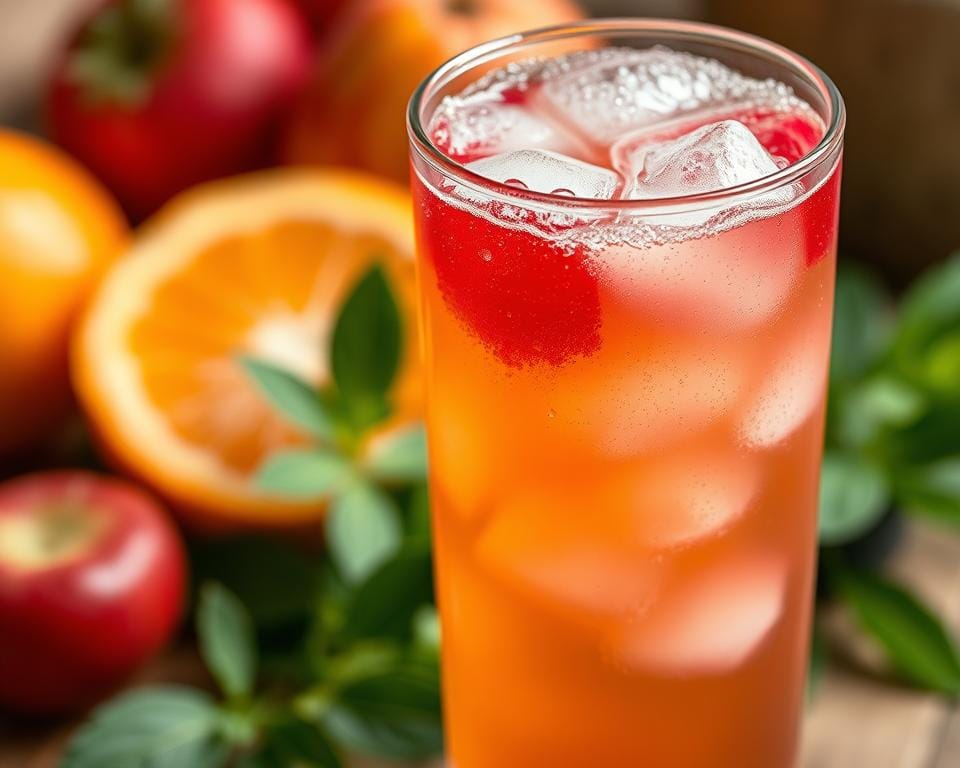Kombucha is a popular fermented tea drink that has taken the wellness world by storm. Many people are curious about its taste, especially those who have yet to try it. In this article, we will explore the unique flavor profile of kombucha, its variations, and what factors influence its taste. By the end, you’ll have a clear understanding of what to expect when you take your first sip of this fizzy, probiotic-rich beverage.
Table of Contents
ToggleUnderstanding Kombucha
Before diving into the taste, let’s briefly cover what kombucha is. Kombucha is a fermented drink made from sweetened tea, typically black or green tea. A symbiotic culture of bacteria and yeast, commonly known as a SCOBY, is added to the tea mixture. This culture ferments the sugars in the tea, creating a tangy, effervescent drink. The fermentation process usually takes about one to two weeks, during which the kombucha develops its distinctive flavors and carbonation.
Flavor Profile of Kombucha
Kombucha has a complex flavor profile that can vary significantly depending on several factors. While the basic taste is often described as tangy and slightly sweet, here are the key elements that contribute to its unique flavor:
Tanginess: The fermentation process produces acetic acid, which gives kombucha its characteristic tangy flavor. This acidity can range from mild to strong, depending on the fermentation duration. A longer fermentation period typically results in a more pronounced tang.
Sweetness: Although kombucha is fermented, some residual sugars remain in the drink, contributing to its sweetness. The sweetness can also vary based on the amount of sugar added during brewing and the length of fermentation. If the fermentation is shorter, the sweetness will be more prominent.
Fizziness: The carbonation in kombucha adds a delightful effervescence. The level of fizziness can vary between brands and batches, depending on how much carbon dioxide is produced during fermentation.
Flavor Infusions: Many kombucha makers add various fruits, herbs, and spices during the brewing process, resulting in a range of flavors. Common additions include ginger, lemon, berries, and mint. These infusions can significantly alter the taste, introducing fruity, herbal, or spicy notes.
How Different Factors Affect Taste
The taste of kombucha is influenced by multiple factors, including:
Tea Type: The base tea (black, green, or herbal) is crucial to the overall flavor. Black tea has a more robust and malty flavor, while green tea offers a lighter and more delicate taste.
Sugar Content: The type and amount of sugar used during fermentation can impact the final flavor. Different sugars, such as cane sugar, honey, or fruit juices, can create various taste profiles.
Fermentation Time: The longer the kombucha ferments, the more sour it becomes. Shorter fermentation yields a sweeter, less tangy drink, while longer fermentation produces a more acidic and complex flavor.
SCOBY Health: A healthy SCOBY is essential for balanced fermentation. An active and robust culture can produce better-tasting kombucha. If the SCOBY is not healthy, it can lead to off-flavors and imbalances in taste.
Popular Kombucha Flavors
To give you a better idea of what to expect, here are some popular kombucha flavors and their distinctive tastes:
Ginger Lemon: This combination offers a refreshing, zesty flavor. The spiciness of ginger blends well with the tang of lemon, creating a bright and invigorating drink.
Berry Medley: A mix of berries like strawberries, raspberries, and blueberries adds sweetness and a fruity flavor. This variety is usually sweeter and less tangy, making it a favorite among those new to kombucha.
Hibiscus: Hibiscus kombucha has a floral and slightly tart taste. The beautiful red hue of the hibiscus petals enhances the visual appeal, making it as delightful to look at as it is to drink.
Mango: This tropical flavor brings sweetness and a hint of creaminess to kombucha. It often appeals to those who enjoy fruity beverages.
How to Choose the Right Kombucha for Your Taste
If you’re new to kombucha, navigating the vast selection of flavors and brands can be overwhelming. Here are some tips for choosing the right kombucha for your taste preferences:
Start with Plain: If you’re unsure about kombucha, consider starting with a plain or lightly flavored variety. This way, you can experience the base flavor before exploring more adventurous options.
Read Labels: Pay attention to the ingredient list. Look for kombucha made with high-quality ingredients and minimal added sugars. Some brands may use artificial flavors or sweeteners, which can affect the taste.
Experiment: Try different brands and flavors to find what you enjoy most. Some people prefer a tangy, sour taste, while others might lean towards sweeter options. Don’t hesitate to explore various combinations until you find your favorite.
Enjoying Kombucha
Kombucha is not only a tasty drink but also offers potential health benefits. It’s rich in probiotics, which can support gut health, and antioxidants, which help combat oxidative stress. You can enjoy kombucha on its own or use it as a mixer in cocktails for a unique twist. It pairs well with various foods, making it a versatile beverage option.
Conclusion
In summary, kombucha is a unique fermented tea drink with a flavor profile that varies greatly depending on several factors, including the type of tea, fermentation time, and added flavors. Whether you prefer something sweet, tangy, or fruity, there’s a kombucha out there to suit your taste buds.
As you venture into the world of kombucha, remember to keep experimenting and discovering new flavors. Your journey through the exciting and refreshing taste of kombucha awaits!










